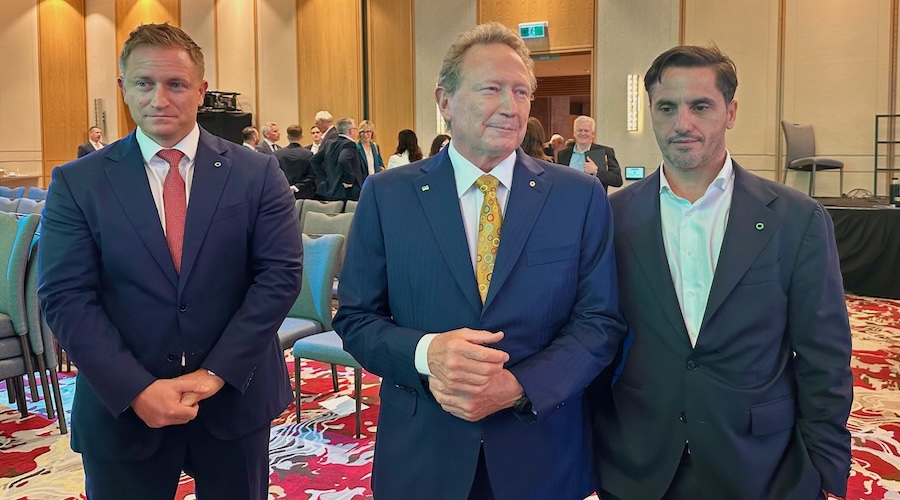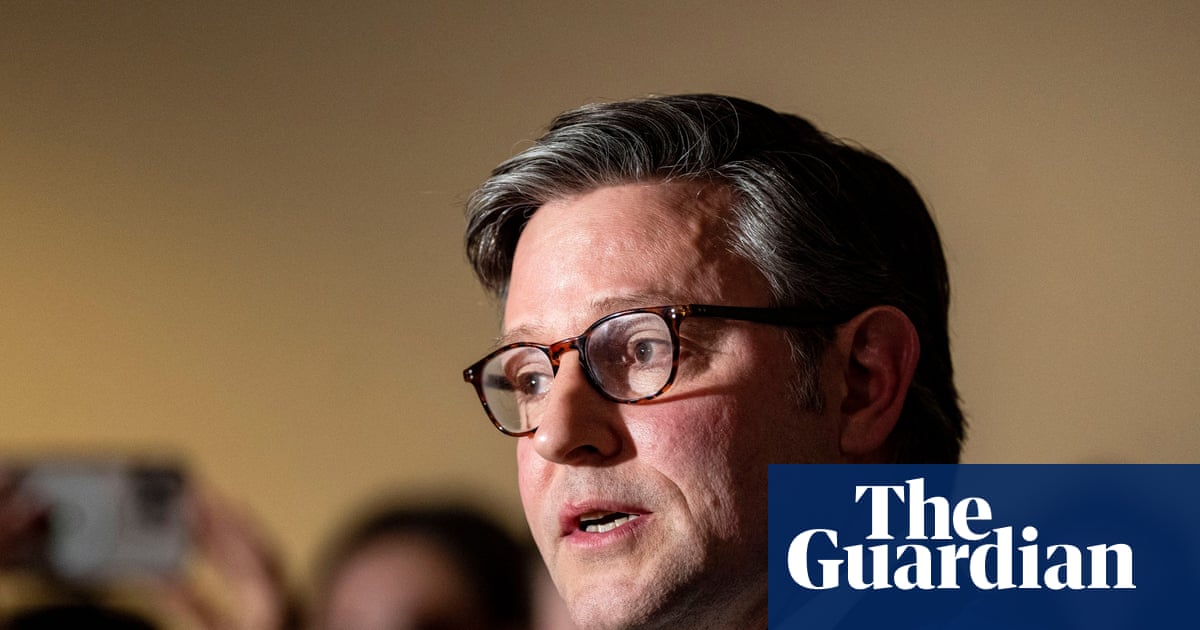
Fortescue Metals Group founder and executive chairman Andrew Forrest expressed skepticism over the current excitement surrounding critical minerals, even as the company advances its projects in this sector. Speaking at Fortescue’s annual general meeting in Perth, Forrest questioned the enthusiasm following a recent agreement between US President Donald Trump and Australian Prime Minister Anthony Albanese, signed on October 20.
“It was good. Knock yourselves out. I mean, I don’t see anything that rare about critical minerals,” Forrest told reporters after the meeting. Despite his reservations, he acknowledged that the market’s interest is beneficial for business. “You’ve got declining strategic commodity prices everywhere. I don’t see the fuss, but anyway, other people do so it’s good for the business. We’ve got plenty of critical minerals, which we’re happy to get out of the ground.”
Fortescue’s Strategic Exploration
Despite downplaying the significance of critical minerals, Forrest confirmed that Fortescue is actively exploring for rare earths in Brazil. He highlighted that Gus Pichot, CEO of growth and energy, had discovered substantial reserves. “There’s nothing rare about rare earths. [Pichot’s] got a small ocean of it,” Forrest remarked. “I’d like to see it developed and cranking across to Louisiana and getting developed.”
Coinciding with these comments, Fortescue’s subsidiary Wyloo Metals, along with joint venture partner Hastings Technology Metals, signed a non-binding agreement with Ucore Rare Metals. This partnership aims to explore a long-term offtake agreement for concentrate from the Yangibana project in Western Australia and hydrometallurgical processing options in Louisiana.
Commitment to Decarbonization
Forrest also reaffirmed Fortescue’s dedication to achieving net-zero emissions by 2030, defending the company’s significant investment in decarbonization. “This $6.2 billion investment we took back in 2022 will pay dividends. I give you my assurance and sure, we’re the guys up front with the arrows in the back, to be dragged down and told we failed here, we failed there,” he stated during the meeting.
“Decarbonization is not a straight line. It demands creativity, experimentation and relentless innovation. We’ve literally had to invent our way through.”
While Fortescue has scaled back some green hydrogen projects due to economic challenges, Forrest emphasized the importance of experimentation. “We specialized into hydrogen, believing it would get really big – it hasn’t yet,” he admitted. “What is enormous is replacing fossil fuel-generated energy with renewables, firmed by the breakthrough we’ve all seen in batteries. That is a crossover point in history, and that’s beginning to happen.”
Challenges and Criticism
Forrest acknowledged job losses within Fortescue’s green energy division but noted that the company is creating opportunities elsewhere. “I don’t know the net number, but we’re swinging harder and harder into R&D. That is where the value is,” he said, highlighting the company’s focus on research and development as a competitive advantage.
Forrest also criticized big oil companies and former President Trump for their stance on climate change. “You’ve got a President of the United States who declared that climate change is the greatest con job in history, straight in the face of massive investment by some of the smartest people I will ever meet,” he commented.
“We’ve got these two stories unfolding, one of progress, one of retraction. One side is racing to deploy renewables at record speed. The other is changing to a view of a romanticized past that never even existed as their own economics fall away.”
His remarks came after Hancock Prospecting’s CEO Garry Korte warned of the financial burden of reaching net-zero emissions. Forrest dismissed these claims, stating, “All I can say is that we’re seeing economic growth. We’re seeing investment … so trying to pedal yourself back to a utopian history which never existed anyway is not a way to grow an economy.”
As Fortescue continues to navigate the complexities of the critical minerals market and its decarbonization efforts, the company remains at the forefront of innovation, determined to lead in sustainable resource management.







